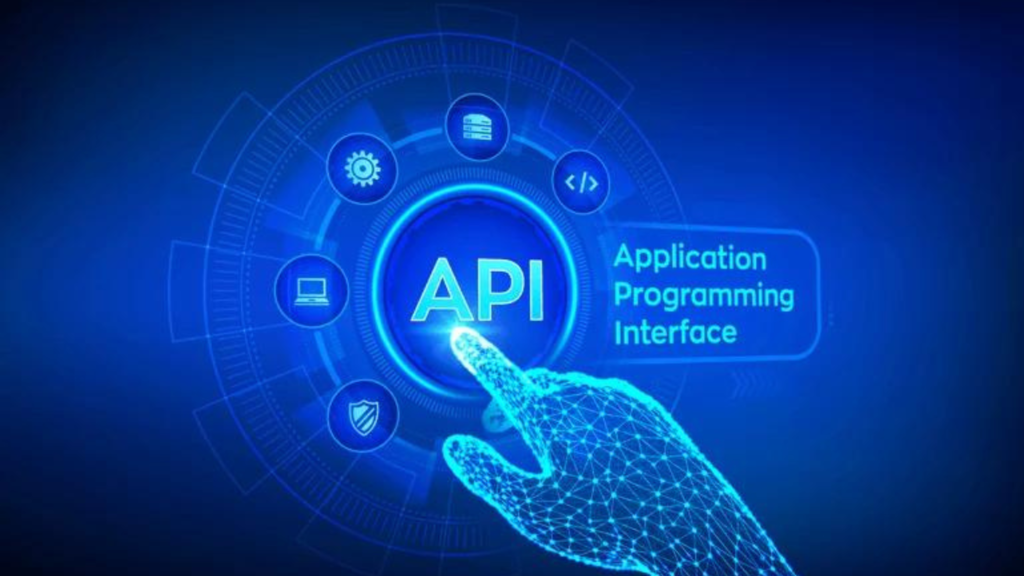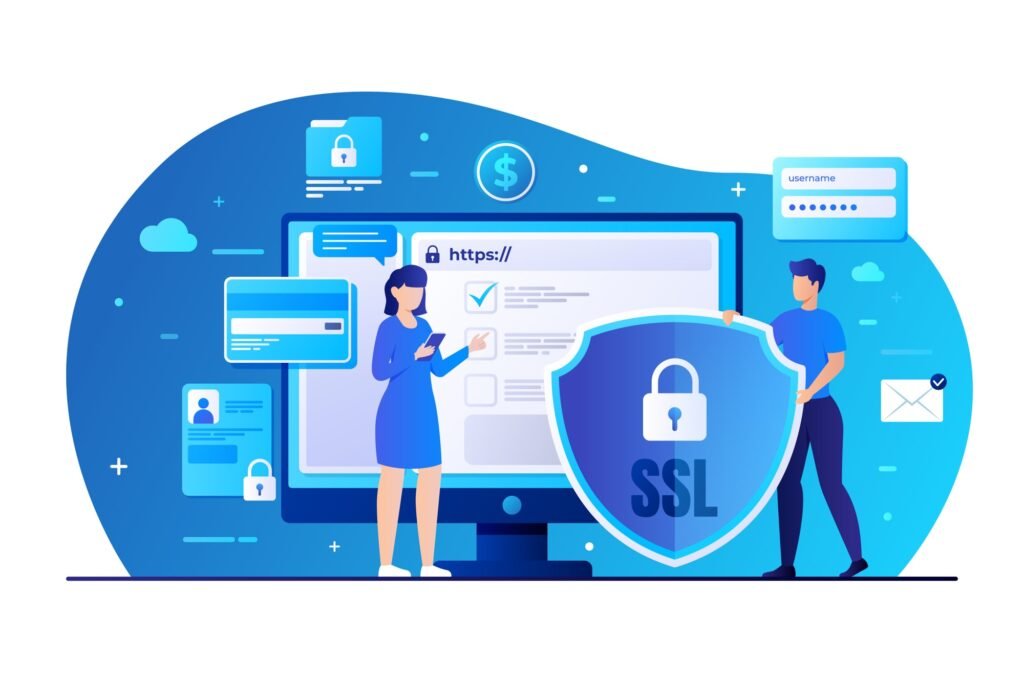APIs (Application Programming Interfaces) have become an essential part of modern software development, enabling communication and interaction between different software systems. They serve as bridges that allow applications to share data and functionality, making it easier for developers to build scalable, modular, and maintainable software systems. In this blog post, we will explore the role of APIs in modern software development, the different types of APIs, and why they are crucial in today’s digital ecosystem.
What is an API?
An API (Application Programming Interface) is a set of rules, protocols, and tools that allow different software applications to communicate with each other. Essentially, it defines how requests for data or services should be made between systems, what data formats to use, and how responses should be handled.
APIs abstract the complexity of the underlying software or hardware by exposing only the necessary information and operations. This allows developers to access functionality without needing to understand the internal workings of the system they are interacting with.
Types of APIs
APIs can be classified into several types based on their functionality and how they are used in software development:
- Open APIs (Public APIs): These APIs are available for use by any developer or third-party. They are typically offered by companies to allow others to integrate with their products or services. Example: Google Maps API, Twitter API.
- Internal APIs (Private APIs): Internal APIs are used within an organization to connect systems and services. They are not exposed to external developers. Example: APIs used for internal communication between microservices in a company’s infrastructure.
- Partner APIs: These APIs are shared with specific partners or clients, allowing them to access certain functionalities or data while maintaining control over usage. Example: Payment gateway APIs provided to e-commerce platforms.
- Composite APIs: Composite APIs combine multiple service calls into a single API call. They are useful for scenarios where a client needs data from several sources.
- Web APIs (RESTful & SOAP APIs): These are APIs that are accessible over the web using protocols such as HTTP. RESTful APIs are the most common, and they use standard HTTP methods like GET, POST, PUT, and DELETE to manage resources.
The Importance of APIs in Modern Software Development
- Simplified Integration:
APIs enable developers to integrate external services or functionalities without needing to write code from scratch. For example, developers can use APIs to integrate payment gateways, social media logins, geolocation services, or cloud storage into their applications. - Modular and Scalable Applications:
APIs allow developers to build modular applications where different components can be independently developed and maintained. This modularity makes it easier to scale applications since individual services can be updated, replaced, or scaled without affecting other parts of the system. - Microservices Architecture:
APIs play a critical role in the microservices architecture, where applications are broken down into small, independent services that communicate with each other through APIs. Each microservice performs a specific function and can be developed, deployed, and scaled independently. - Faster Development:
By using APIs, developers can leverage pre-built components and services, reducing the time it takes to develop new features. For example, instead of building a messaging system from scratch, developers can use APIs from Twilio or Firebase. - Enhanced Security:
APIs also allow for more secure communication between applications by using authentication mechanisms such as OAuth, API keys, and tokens. This ensures that only authorized systems and users can access sensitive data and functionalities. - Cross-Platform Development:
APIs enable cross-platform development by allowing different platforms to communicate and share data. For instance, a mobile app can interact with a web service using APIs, ensuring consistent data and functionality across multiple devices. - Data Sharing:
APIs are essential for data sharing between applications, both within and outside organizations. For example, an e-commerce platform might use APIs to share inventory data with its suppliers, or a social media app might share user data with third-party developers. - Automation:
APIs allow developers to automate processes by enabling different systems to interact with each other programmatically. This is particularly useful in DevOps and cloud environments, where APIs can automate tasks like server provisioning, scaling, and monitoring.
Popular Use Cases for APIs in Software Development
- Payment Processing:
APIs from services like PayPal, Stripe, and Square allow developers to integrate secure payment processing into their applications without needing to handle sensitive financial information directly. - Social Media Integration:
APIs provided by Facebook, Twitter, LinkedIn, and Instagram enable developers to integrate social media functionalities such as sharing, posting, and authentication into their apps. - Cloud Computing:
Cloud providers like AWS, Azure, and Google Cloud offer APIs that allow developers to interact with cloud infrastructure, databases, storage, and machine learning services. - Maps and Geolocation:
APIs from Google Maps, Mapbox, and other geolocation services allow developers to embed maps, calculate routes, and access location-based data within their applications. - Messaging and Communication:
APIs from Twilio, WhatsApp, and Slack enable developers to integrate messaging, voice, and video communication functionalities into their apps. - Data Analytics:
APIs from services like Google Analytics, Mixpanel, and other analytics platforms allow developers to collect, analyze, and visualize data about user behavior in their applications. - Machine Learning:
APIs from platforms like TensorFlow, IBM Watson, and Amazon Rekognition allow developers to add machine learning capabilities like image recognition, natural language processing, and predictive analytics to their applications.
Best Practices for Using APIs in Software Development
- Use Well-Defined Documentation:
Proper documentation is essential for understanding how to use an API. Ensure that the API you are working with provides clear documentation on endpoints, parameters, and authentication methods. - Handle Errors Gracefully:
When working with APIs, always handle errors and exceptions gracefully. This ensures that your application can recover from API failures or incorrect inputs. - Use Caching for Performance:
To improve performance, consider caching API responses when appropriate. This reduces the number of API calls made and improves the speed of your application. - Secure API Communication:
Always use HTTPS for API communication to ensure that data is transmitted securely. Additionally, use authentication mechanisms like OAuth2 or API keys to prevent unauthorized access. - Monitor API Usage:
Regularly monitor API usage to ensure that you are not exceeding rate limits or quotas. This is especially important when working with public APIs that have usage restrictions.
Conclusion
APIs are an indispensable tool in modern software development. They allow developers to integrate diverse functionalities, build scalable and modular applications, and accelerate development by leveraging pre-built services. Whether you’re building a web application, mobile app, or cloud service, understanding and effectively utilizing APIs is crucial for creating efficient, secure, and scalable software.
At TechsterTech, we specialize in helping businesses leverage APIs to build powerful, connected systems that drive innovation and growth. Contact us to learn more about how APIs can transform your software development projects.



